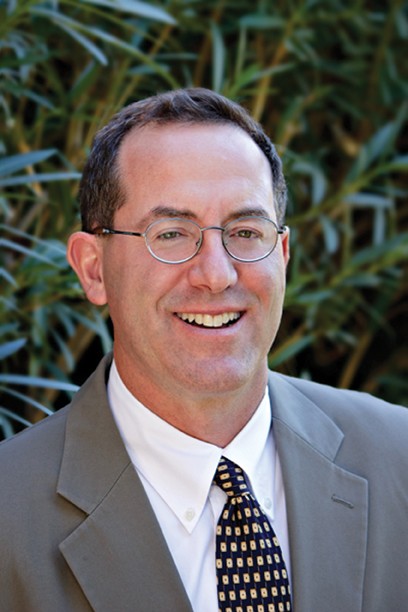Following a proposal from the James E. Rogers College of Law and the approval of the Arizona Supreme Court, Arizona law students can now take the bar exam in their third year.
The Arizona Supreme Court approved a trial period of two years on Dec. 10, making Arizona the only state in the country to allow students to take the exam while still enrolled in school. The trial period went into effect on Jan. 1, 2013 and will expire on Dec. 31, 2015. Previously, students would not take the bar exam until July and would typically not receive their results until October.
“For students who want to have a five month lead on the job market, want to do the bar as part of their legal education, rather than to have another hill to climb after [graduation], for students who want to think differently about what that third year of law school provides, especially that last semester, the advantage[s] are enormous,” said Marc Miller, the UA College of Law interim dean. “If you take the February bar and graduate in May, you get your results in June.”
The idea for this change came from former UA professor and current UC Davis professor of law Gabriel Chin two years ago at a UA lunch for third-year law school students.
“I know at medical school students take their exams while they’re in school, so when they graduate they are heading off to a residency or training and it really is, they immediately head to the next thing,” Chin said. “Then I thought, well you know, it is too bad that we don’t do this in law school … Obviously we could, it is simply a question of … people who establish the bar rules, which are the Arizona Supreme Court, making it possible.”
Chin brought the idea to Miller who, along with associate dean Sally Rider, took it to the chief justice of the Arizona Supreme Court. Once Miller saw there was interest, he immediately brought in the other Arizona law schools, and the proposal was officially brought to the Arizona Supreme Court in January of last year.
Alex Hecker, a third-year law student at the UA, said he feels this change could help some students financially.
“I think it is going to be most helpful in situations where you have people under a lot of economic pressures to pass the bar or to start working immediately,” Hecker said.
However, the change does not automatically affect every law student in Arizona. While students have the option to take the bar exam in February, they can also take it in July as usual, according to Miller.
There will be changes to the curriculum for students who want to take the bar exam in February, according to UA professor Susan Salmon. Salmon developed the curriculum with help from local judges and lawyers. However, it has not yet been approved by UA faculty.
There will most likely be no classes in the beginning of the spring semester so students can focus on studying for the exam, Salmon said.
“We really want to focus on studying for the bar and not skipping out on their regular classes and trying to fit it in,” Salmon said. “We want them to have the best possible chances to succeed.”
Jeffrey Grynkewich, a second-year law student at the Phoenix School of Law, plans on taking advantage of this change next school year. Grynkewich said he wants to use the opportunity to start working sooner after graduation.
“I will be in one of the groups where I have taken all the classes that are going to be covered on it [bar exam] so I will be able to take the bar, complete my final studies, and look for a job and I feel I will be extra marketable to employers that way,” Grynkewich said.









